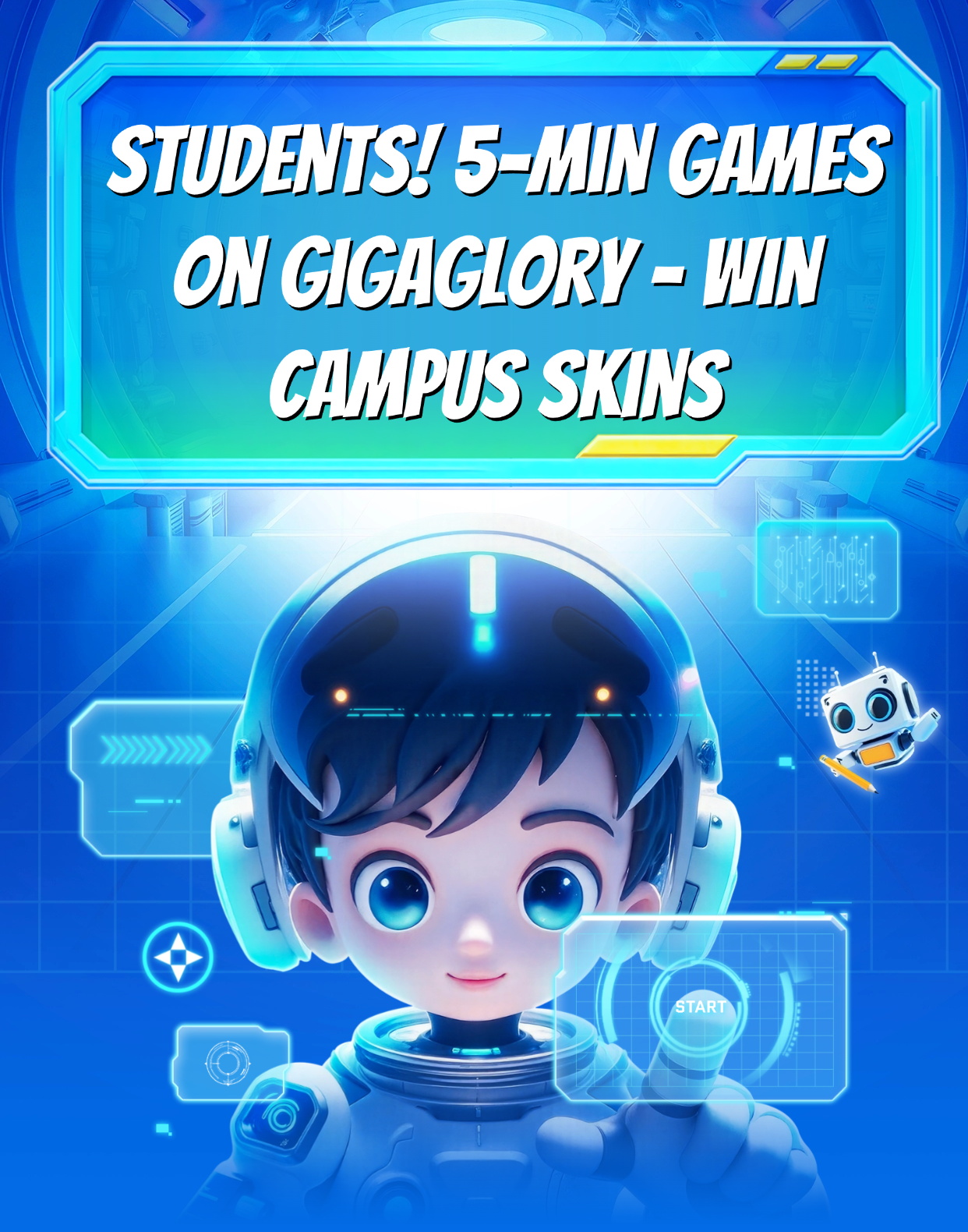Unlocking Learning Through Fun: The Impact of Educational Browser Games on Knowledge Retention
In an era where education meets technology, educational browser games have emerged as a captivating way to enhance learning experiences. These digital platforms not only engage students but also promote effective knowledge retention. In this article, we will explore the influence of browser games on education and delve deeper into how they unlock the potential for learning through fun.
Understanding Browser Games
Browser games are online games that can be played directly through a web browser without the need for downloads or installations. Unlike the massive file games, these games are often lightweight, making them accessible to a variety of users. But what’s intriguing about these games is their educational potential.
The Rise of Educational Games
Educational games have gained popularity in recent years as educators and parents seek innovative methods to engage learners. These games are designed not just for fun but to provide a platform for skill development, problem-solving, and critical thinking. Let’s take a closer look at this trend.
The Psychology Behind Learning Through Play
It is widely recognized that play is a natural and effective method of learning. When students engage in educational browser games, their brains release dopamine, a neurotransmitter associated with pleasure and reward. This chemical reaction can improve motivation and make the learning experience more enjoyable.
Benefits of Educational Browser Games
- Enhanced Engagement: Educational games captivate attention in ways traditional methods often fail.
- Active Learning: Students partake in active rather than passive learning.
- Knowledge Retention: Interactive experiences reinforce knowledge, making it easier to recall later.
- Skill Development: From basic math to advanced strategy, games foster various skills.
- Adaptive Learning: Many games adjust difficulty based on a player's ability, providing customized challenges.
How Educational Browser Games Work
These games are designed with specific learning objectives in mind. For example, a game might require players to solve puzzles that teach math principles. The mechanics of gameplay often incorporate quizzes or challenges directly tied to the material being taught.
Key Features of Effective Educational Games
| Feature | Description |
|---|---|
| Interactivity | Encourages active involvement in the learning process. |
| Feedback | Provides instant evaluation and guidance to players. |
| Storytelling | Integrates narratives that make learning interesting and relatable. |
| Collaborative Elements | Facilitates teamwork, which enhances social skills. |
| Progress Tracking | Shows learners their progress, motivating them to improve. |
Popular Educational Browser Games
Examples of educational browser games that have made waves in the classroom include:
- Kahoot: A game-based learning platform that allows users to create quizzes.
- Prodigy: A math game that engages students through adventure and quests.
- CodeCombat: Teaches programming in a fun and interactive format.
- Duolingo: A language learning game that makes grasping new languages engaging.
Challenges in Implementing Educational Browser Games
Despite the many advantages, there are challenges in utilizing browser games for educational purposes. Not all games are created equal, and some lack educational value. Additionally, accessibility and internet connectivity can hinder effectiveness.
Combining Gaming and Traditional Learning
Blending gaming with traditional teaching methods yields impressive results. By using browser games as supplementary tools, educators can foster a more holistic learning environment. For instance, after a lesson on historical events, a related browser game can reinforce what was taught.
Assessing the Impact on Knowledge Retention
Research shows that students who engage with educational games often outperform their peers who rely solely on traditional methods. Games that incorporate repeated exposure to material can enhance memory and comprehension. This retention can significantly benefit learners, especially in subjects that require cumulative knowledge.
The Role of Metrics and Analytics
To understand the effectiveness of educational games, it’s vital to track engagement and performance metrics. By analyzing data from these games, educators can identify areas where students struggle and adjust their approach accordingly.
Parental Involvement and Educational Games
Parental engagement plays a huge role in a child’s educational journey. When parents involve themselves in educational browser games, it not only strengthens the child-parent bond but also provides parents insights into their child's learning progress.
Future of Educational Browser Games
As technology continues to evolve, so too will the capabilities of educational browser games. With advancements in AI and VR, we can expect more immersive and personalized learning experiences that cater to diverse student needs.
Conclusion
In conclusion, educational browser games hold the power to transform learning by making it interactive and enjoyable. They engage students in a way that traditional education often cannot, leading to improved knowledge retention and skill acquisition. As the educational landscape continues to shift, embracing these tools will be crucial for effective teaching in the 21st century.



